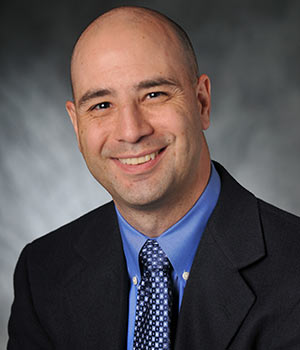Last year, a $750,000 Washington state study examined what life in the Northwest would look like without the four lower Snake River dams. Would their destruction save salmon or cause region-wide blackouts and economic hardships? Could communities cope without the critical infrastructure they provide?
Several months after Washington launched its Lower Snake River Dam Stakeholder Process, we still don’t have a clear consensus.
To some, destroying the dams is seen as the cornerstone of salmon recovery, but others are skeptical that breaching would help salmon much at all. Many are extremely concerned about the harm breaching would cause to their communities and livelihoods, while others feel there are changes and workarounds that could be made.
The Governor’s office released the draft report just before Christmas. While it wasn’t perfect, we were happy to see that the report expressed just how complex the issues are.
Following the report came three public meetings – in Clarkston, Vancouver and Pasco – where 10 pre-selected stakeholder organizations served as panelists to describe their perspectives.
The organization I lead, Northwest RiverPartners, was included in the initial stakeholder interviews prompting my colleague and I to attend the Vancouver session.
The diverse panel included a member of the Nez Perce Tribe, two farmers, a commercial fisherman, a salmon advocate, an orca scientist, a barging company representative, an energy efficiency representative, a sport-fishing guide and a Bonneville Power Administration manager.
However, one group was not represented at the Vancouver meeting, or any of the other meetings, despite being one of the top users of the lower Snake River dams – community-owned electric utilities.
The vast majority of the electricity produced by the federal hydroelectric system and sold by BPA goes to not-for-profit, community-owned utilities, like Clark Public Utilities in Vancouver.
More than $2 billion dollars’ worth of carbon-free electricity is sold to these utilities each year.
While not every community-owned utility in the Northwest agrees entirely on the dams, most believe in the importance of the lower Snake River dams to our region’s clean energy future.
Many utilities are gravely concerned about the possibility of regional blackouts and spikes in electricity bills if the lower Snake River dams are removed. Several energy-planning organizations, including the Northwest Power Pool, the Northwest Power & Conservation Council, E3 and Energy Strategies are warning that the region is facing an energy shortage even with the dams in place, as a result of coal plant retirements. Breaching the lower Snake River dams would make this prediction even more dire.
Consequently, 30 of the region’s public utilities have gone as far as passing resolutions in support of the lower Snake River dams. These utilities realize the role that the region’s clean, affordable hydropower plays in our lives and in our local economy.
It’s no accident that tech giants like Google, Apple, Amazon, Microsoft, Verizon and many others are locating their data centers in the Pacific Northwest.
These companies are taking major stands against climate change, but they want to do so at a competitive price. As a result, they have embraced our region, which receives half of its energy from affordable, carbon-free hydroelectricity.
Microsoft – which just pledged to go carbon-negative by 2030 – receives a huge portion of electricity from the public utility districts in Chelan and Grant counties, respectively.
In turn, the tax revenues and contributions from these companies have made a significant difference within their new communities.
Grant County PUD Washington just announced that funding for its low-income “Share the Warmth” subsidy program tripled in 2019 as a result of donations from Microsoft and Verizon, both of which have data centers in Quincy, Wash. Quincy also recently opened a state-of-the-art high school, facilitated by a rapidly growing business tax base.
Our community-owned utilities don’t just help businesses and economies flourish, they also take great responsibility to ensure the people they serve are provided with affordable and reliable service.
Likewise, those same utilities will feel the pain if the communities they serve suffer hardships as a result of critical infrastructure loss.
As a stakeholder organization that represents most of the community-owned utilities in the region, Northwest RiverPartners encourages future discussions to have public power representatives front and center because their perspective is truly invaluable.
We also encourage you to make your voice heard in the upcoming public processes, both in Washington state’s Stakeholder Process and in the Columbia River System Operations Environmental Impact Statement, or CRSO EIS.
Your voice matters as our region plans for a clean energy future that is affordable and safe.
Kurt Miller is the executive director for Northwest RiverPartners. He can be reached at info@nwriverpartners.org.




